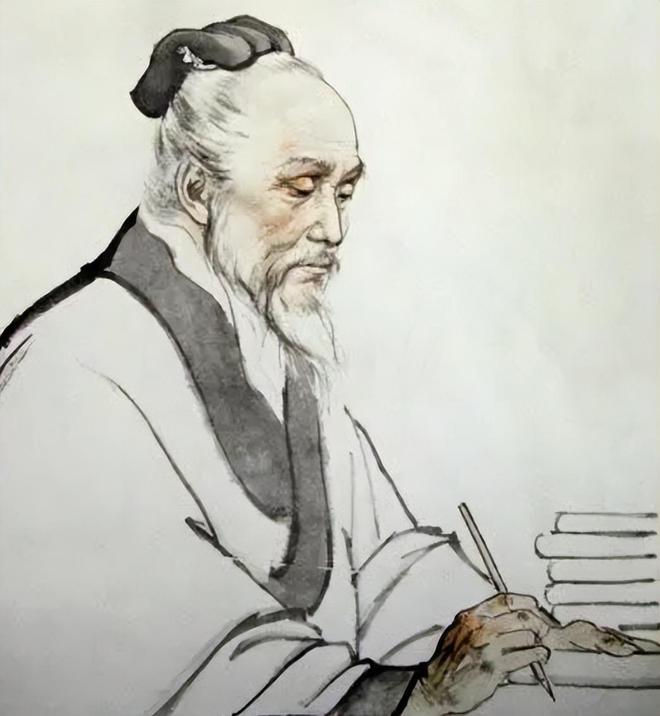How to '养生'(preserve life) in Autumn with Chinese Medicine theory
- Erica

- Oct 3, 2025
- 3 min read
Updated: Oct 5, 2025

Autumn Health Preservation: Nurturing Body and Mind in Line with the Season
In Traditional Chinese Medicine (TCM), health is closely tied to the rhythm of nature. As the seasons change, our routines, diet, and lifestyle should also adapt accordingly. Autumn belongs to the element of “metal,” with a climate that transitions from warm to cool and gradually becomes dry. During this time, people are prone to throat dryness, itchy skin, coughing, or emotional fluctuations. With some thoughtful adjustments to daily life and diet, we can pass through autumn with balance and ease.
I. Lifestyle Adjustments
1. Early to bed and early to rise
As The Yellow Emperor’s Classic of Internal Medicine states: “In autumn, retire early and rise early, together with the rooster.” Autumn is the season of gathering and storing. It’s best to avoid late nights and maintain a regular schedule so that the body’s yin and yang remain balanced.
2. Moderate exercise, avoid excessive sweating
Autumn exercise should be gentle, such as tai chi, Qigong Baduanjin, walking, or gentle running. Avoid heavy sweating, which can deplete fluids and worsen autumn dryness.
3. Regulate emotions and keep a calm heart Autumn is linked to the lungs, which correspond to the emotion of sadness. During this season, people may feel low or melancholy. Engaging in reading, calligraphy, climbing to enjoy distant views, or connecting with friends can help soothe the spirit and maintain emotional balance.
II. Dietary Adjustments
1. Focus on moistening and nourishing yin
Dryness in autumn easily injures body fluids. Foods like pears, apples, grapes, white fungus, lily bulb (the edible type), sesame seeds, and honey can help moisten the lungs and generate fluids.
2. Reduce pungent flavours, increase sour flavours
TCM dietary principles suggest eating less pungent and spicy foods (such as chili, onion, garlic, and ginger), as they can aggravate dryness and harm the lungs. Instead, eat more sour fruits such as hawthorn, pomelo, or pomegranate, which help gather and preserve body fluids.
3. Gentle warming, avoid excessive dryness
Nourishment in autumn should be tailored to the individual. Avoid consuming too much hot and dry food too early in the season, such as lamb or spicy hotpot. Choose instead mild ingredients like pumpkin, lotus root, red dates, and peanuts, which support the spleen and stomach while being gentle on the body.
4. Keep meals light and moderate Autumn is not the time for heavy, greasy meals. A balanced and moderate diet supports smooth digestion and harmonious energy flow.
III. Daily Tips
If you live in a dry area, use a humidifier indoors to counteract dryness.
Avoid very hot baths and frequent vigorous scrubbing, which may strip away natural skin moisture.
Adjust clothing according to the cooling weather, and protect the neck and back to guard against wind and cold.
If you have learned meridian knowledge, try to do meridian tapping every day on the Lung and large Intestine meridians. That will strengthen the two organs which are related to Autumn season.
IV. Get Professionals Support
At any time in the year, especially at changing of seasons or life events, it will be beneficial to get some Acupuncture Treatments. The individually tailored treatments will help you to cope with the external factors better or regulate your internal condition better so you can have a more balanced and stronger body to cope with the changed environment.
Conclusion
The essence of autumn health preservation lies in adapting to the season’s “gathering” nature: sleeping early and rising early, keeping emotions balanced, and choosing foods that moisten and nourish. By doing so, we not only protect lung energy but also lay a solid foundation for the storing and nurturing of winter.





Comments